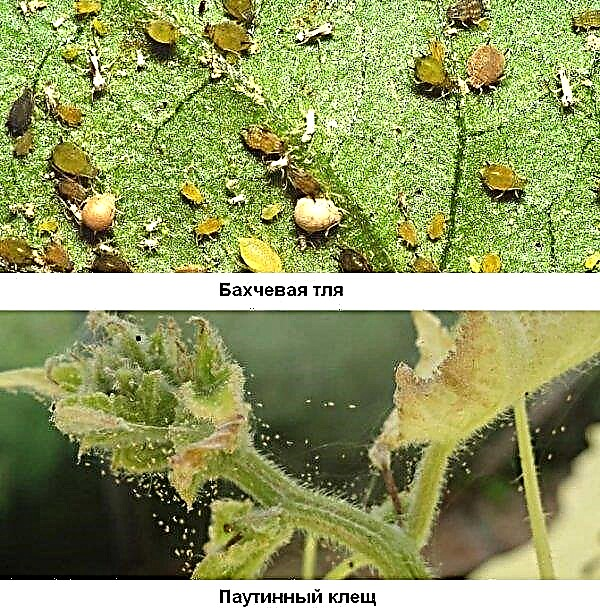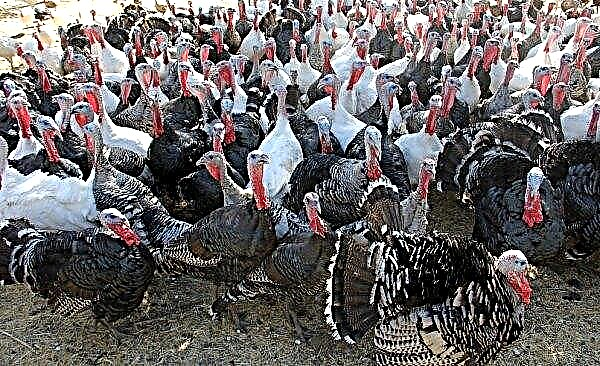China's Ministry of Agriculture and Agriculture (MARA) announced on Sunday April 7th that African swine fever (ASF) has spread to Tibet.
Now only Hainan Province has remained the only administrative unit of China, from which there were no reports of this disease. A few hours later on Sunday, the ministry announced that the China Animal Health and Epidemiology Center had confirmed an ASF outbreak in the Naichi Bayi district, in southeastern Tibet, near the Indian border.
After the outbreak was confirmed, local authorities blocked the area, seized infected pigs and carried out disinfection activities. It is forbidden to transport live pigs and products from pork to or from the infected area. The last outbreak in China occurred hardly three days after the disease was reported in Xinjiang on April 4.
Since the first ASF disease was registered in Shenyang, Liaoning Province on August 3, 2018, this disease, like a wildfire, has spread throughout China. Currently, only Hainan Province and Hong Kong and Macao Special Administrative Areas have not yet reported an ASF outbreak. The epidemic had a radical impact on pork in China and led to a sharp increase in pork prices.
Referring to MARA data, the National Business Daily reported that in March this year, the national price of pork was 14.35 Chinese yuan per kilogram, which is 14.3 percent more than the same period last year. In Hebei, Jiangsu and other provinces, the average monthly price has risen more than 20 percent since February.












